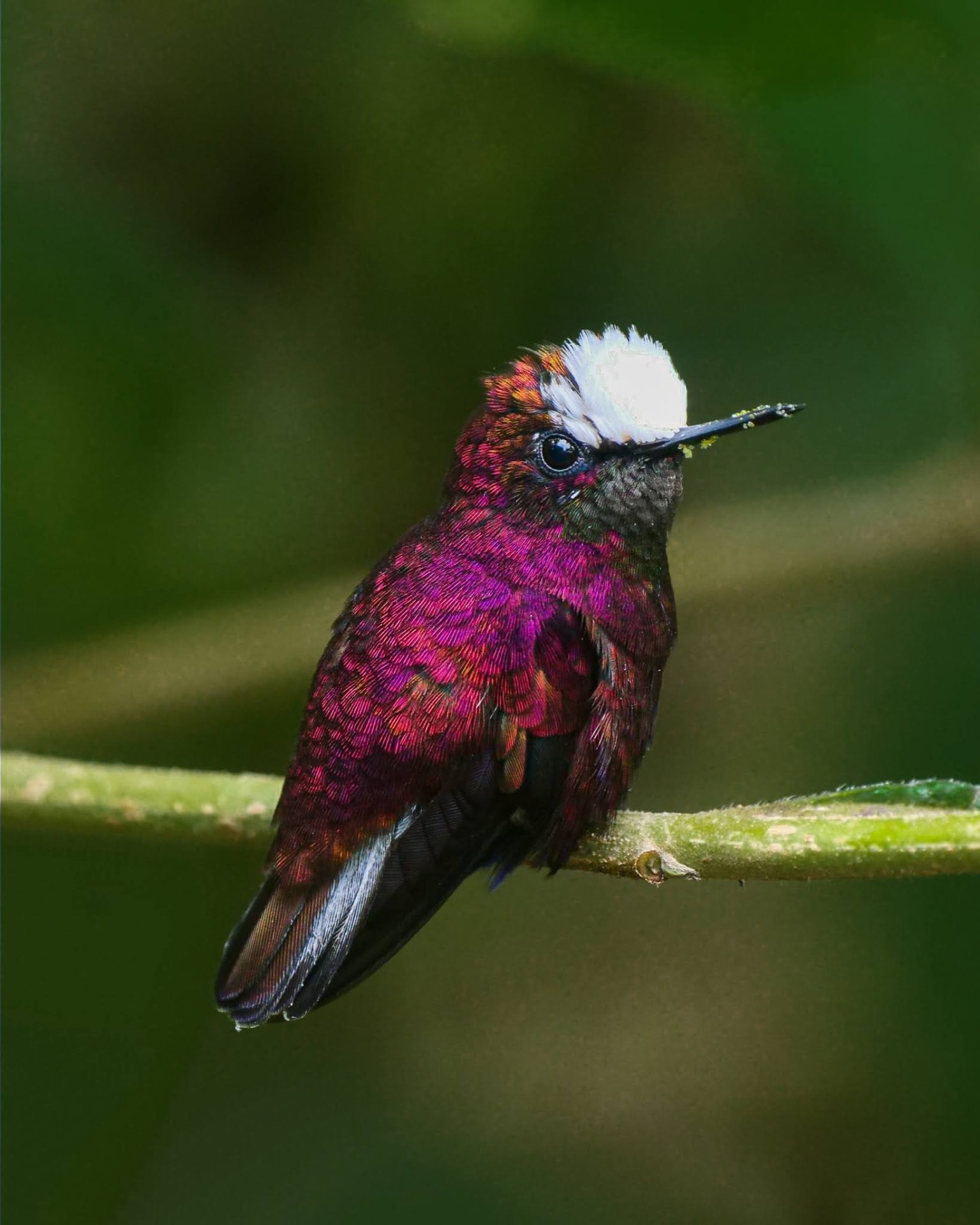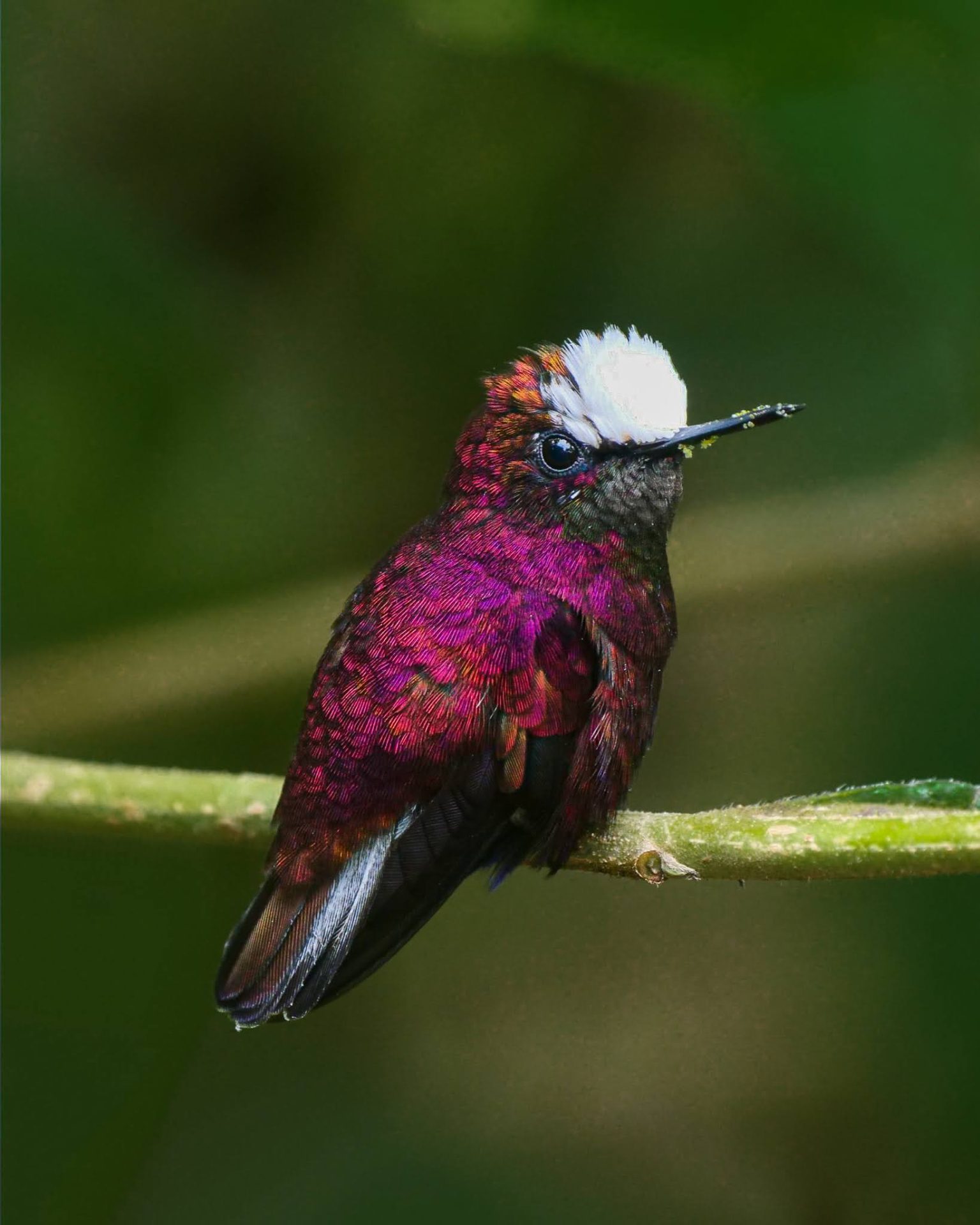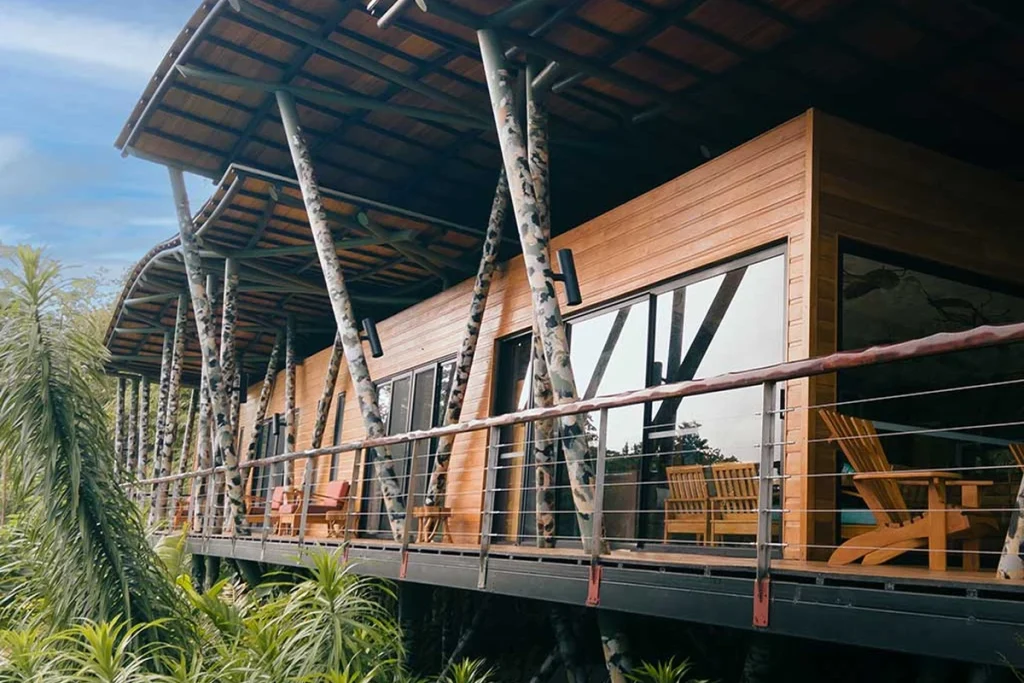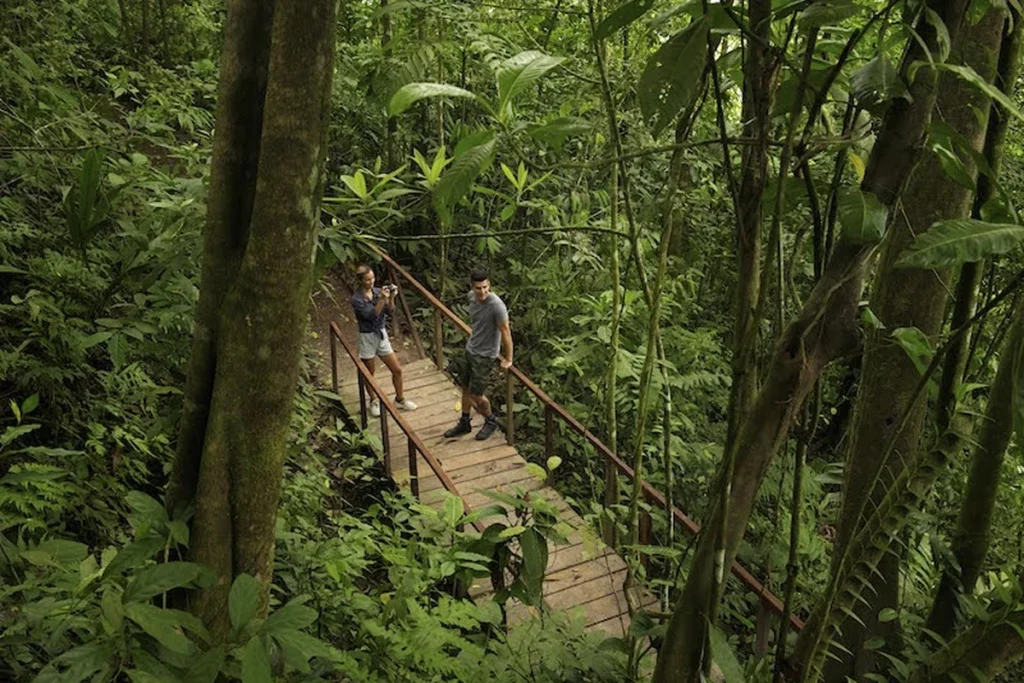Introduction
Costa Rica, a verdant paradise nestled between the Pacific Ocean and the Caribbean Sea, is renowned for its diverse ecosystems that host an incredible array of wildlife. Among the country’s most enchanting inhabitants are its hummingbirds, often referred to as the jewels of the jungle. These tiny, vibrant birds are a must-see for birdwatchers and nature lovers alike. In this blog, we will explore the fascinating world of hummingbirds, discuss the most common species, and celebrate the beauty of their vital role in the cycle of life.
| Species Name | Scientific Name | Endemic to Costa Rica | Best Location to Spot |
| Fiery-throated Hummingbird | Panterpe insignis | No | Highland forests |
| Violet Sabrewing | Campylopterus hemileucurus | No | Cloud forests |
| Rufous-tailed Hummingbird | Amazilia tzacatl | No | Widespread |
| Green-crowned Brilliant | Heliodoxa jacula | No | Cloud forests |
| Coppery-headed Emerald | Microchera cupreiceps | Yes | Cloud forests |
| White-throated Mountain-gem | Lampornis castaneoventris | No | Cloud forests |
| Purple-throated Mountain-gem | Lampornis calolaemus | No | Cloud forests |
| Green Hermit | Phaethornis guy | No | Mid-elevation forests |
| Lesser Violetear | Colibri cyanotus | No | Highlands |
| Snowcap | Microchera albocoronata | No | Lowland forests |

How Hummingbirds Help the Environment Through Pollination
Hummingbirds play a vital role in maintaining healthy ecosystems through their incredible ability to pollinate. As they flit from flower to flower, their long, slender bills and specialized tongues allow them to drink nectar, a primary energy source. During this process, pollen sticks to their feathers and beaks and is transferred to other flowers, enabling cross-pollination.
This interaction is crucial for many plant species, especially those with tubular flowers specifically adapted to hummingbird pollination. By ensuring plants can reproduce, hummingbirds contribute to biodiversity, helping forests, gardens, and meadows thrive. In turn, these plants provide food, shelter, and oxygen, benefiting countless other animals and humans.
Without hummingbirds, many flowering plants would struggle to survive, and ecosystems could lose balance. These tiny, energetic birds are nature’s unsung heroes, quietly supporting life through their essential role as pollinators.
The Magic of Hummingbird Flight
Watching a hummingbird in action is a mesmerizing experience. These tiny birds possess an extraordinary ability to hover in mid-air, made possible by rapidly flapping their wings at an astounding rate of 50 to 80 times per second. Unlike other birds, hummingbirds rotate their wings in a figure-eight pattern, allowing them to achieve unparalleled agility—they can hover, move forward, backward, and even sideways with precision. This unique skill enables them to feed on nectar while airborne, a behavior rarely seen in the avian world. Their speed and dexterity are a testament to their remarkable adaptation and make observing them in their natural habitat truly magical.
Conservation Efforts
Despite their allure, hummingbirds face threats from habitat destruction and climate change. Conservation efforts in Costa Rica are vital to ensure that these birds continue to thrive. One way to help is by supporting local conservation initiatives, such as planting native flowering plants that provide natural food sources for hummingbirds or contributing to organizations that protect and restore their habitats. Every small effort plays a role in preserving these remarkable birds for future generations.
Recommendations
Visiting Costa Rica offers a unique opportunity to witness the dazzling beauty and incredible agility of hummingbirds. Whether you are a seasoned birdwatcher or a casual nature enthusiast, the hummingbirds of Costa Rica are sure to capture your heart. We invite you to embark on this vibrant journey into the world of Costa Rica’s hummingbirds and discover why these birds are truly one of nature’s marvels. Don’t forget to bring your camera and your sense of wonder!






